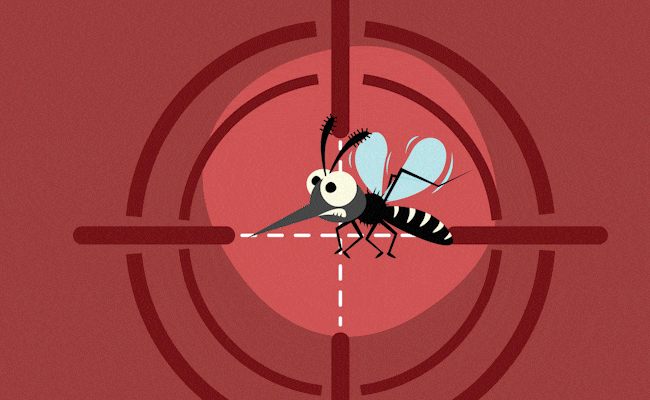Dog Breeds: Apparently Not As Important As We Think

Image: Giphy
At least that’s what a group of researchers led by Elinor Karlsson, director of the Vertebrate Genomics Group at the Broad Institute of MIT and Harvard, argue in a study published in the journal Science yesterday. The question they set out to answer: is a dog’s breed predictive of their behavior?
🐶 Background… Humans began breeding dogs at least 2,000 years ago. But most of the breeds we’re familiar with came about in the Victorian era (~160 years ago), when it was fashionable to breed dogs to create certain aesthetics and adhere to pure lineages, Scientific American reports.
In this study, the researchers examined the correlation of breed and traits including how comfortable dogs were around humans, the way they interacted with toys, whether they liked to cuddle with their owners and how well they obeyed commands.
- To investigate how genetics aligns with breed characteristics, scientists sequenced the DNA of more than 2,000 purebred and mixed-breed dogs.
- This, coupled with ~18,000 owner surveys (again half-purebred, half-mutt), was used to map genes associated with behavioral and physical traits.
- Quantified: At least 80% of a dog’s appearance can be tied to its DNA… but breed only determines 9% of personality, the researchers concluded.
👩🔬📝 Zoom out: A separate analysis of death records from over 30,000 dogs in the UK was published yesterday in Scientific Reports. It suggests a dog’s breed can be used to draw some conclusions about its nature, but characteristics like body type and gender seemed more predictive of certain traits (like life expectancy) than breed.
Share this!
Recent Science & Emerging Tech stories

Science & Emerging Tech
| April 26, 2022Mini Heart, Pretty Big Deal
🫀 A team of researchers led by Boston University created a miniature replica of a heart chamber that behaves like a living organ and can be used to test experimental treatments, according to a new peer-reviewed study published in Science Advances.

Science & Emerging Tech
| April 25, 2022Hadron Collider, Smash
⚛️ Following three years of maintenance, upgrades, and pandemic delays, the Large Hadron Collider (LHC), aka the world’s largest particle accelerator, is gearing up for its third – and most powerful – experimental period to date.

Science & Emerging Tech
| April 21, 2022Science is Taking Aim at Mosquitoes
🦟 The first open-air US study to release genetically-modified mosquitoes, carried out by biotech firm Oxitec, has just concluded in the Florida Keys.
You've made it this far...
Let's make our relationship official, no 💍 or elaborate proposal required. Learn and stay entertained, for free.👇
All of our news is 100% free and you can unsubscribe anytime; the quiz takes ~10 seconds to complete